In early June, an impressive brown-black belt camp was held at the premises of Farum Kyokushin Karate, organized by Farum Tokushinryu Kobudo. Participants from Denmark, Germany, Sweden, and the Netherlands gathered for this event, which was characterized by intense training and camaraderie.
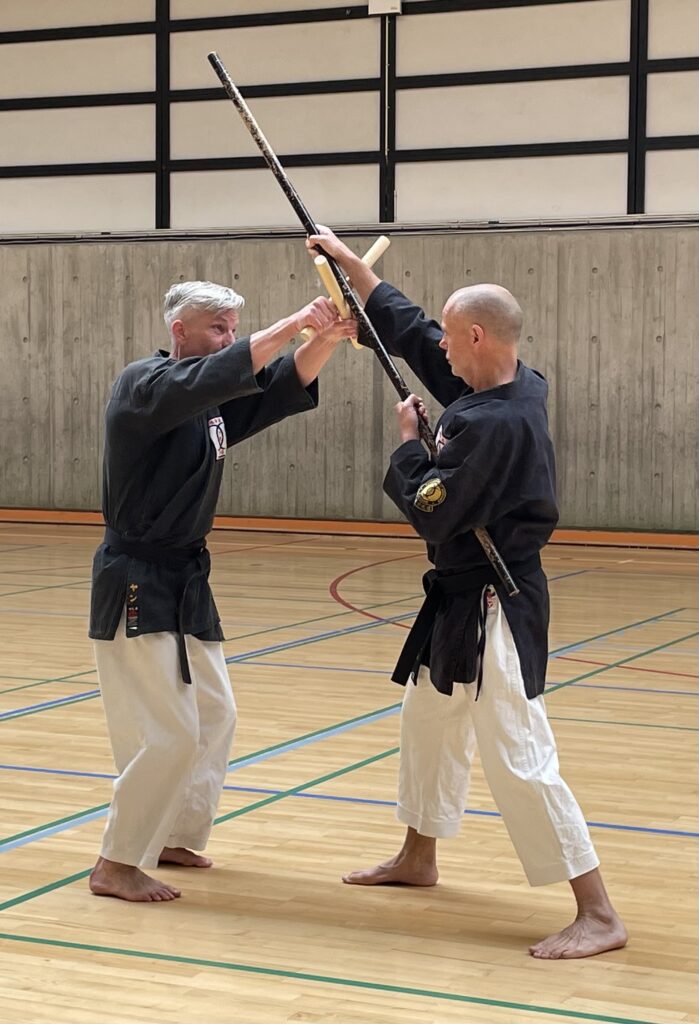
The camp was led by two instructors from Tokushinryu Kobudo Europe, namely Jan Overgaard Sensei and Lars F. Andersen Sensei. Under their expert guidance, various weapons and techniques were taught, including tonfa, taiko bachi, yari, nuntibo, sai, and kama. Participants had the opportunity to refine their skills and learn new techniques within the art of kobudo.
One of the highlights of the camp was the dan grading ceremony. Several dedicated practitioners from different countries showcased their abilities and received their new ranks in Tokushinryu Kobudo Europe. Here is a list of the new ranks and the recipients’ names:
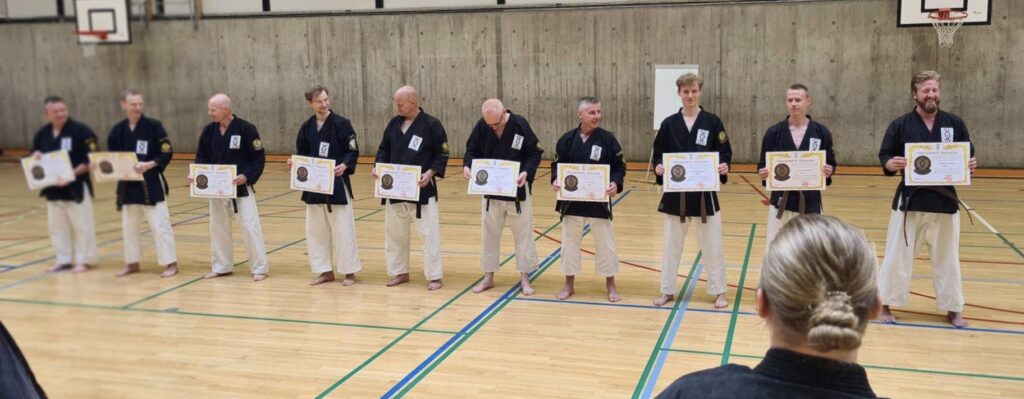
SHODAN:
Alexander Vandrup from Hvidovre
Sofus Mortensen from Hvidovre
Otto Mortensen from Hvidovre
NIDAN:
Frank Strüwe from Germany
Heinz Tessner from Germany
Peter Hansen from Copenhagen
Franz Rasmussen from Farum
Peter Ekebjærg from Copenhagen
SANDAN:
Sven Misckewitz from Germany
YONDAN:
Per Sørensen from Brønderslev
Andreas Mischkewitz from Germany
Claus Skov Petersen from Copenhagen
This grading is evidence of the participants’ hard work, dedication, and commitment to kobudo. It is a significant milestone in their Budo journey, acknowledging their outstanding achievements.
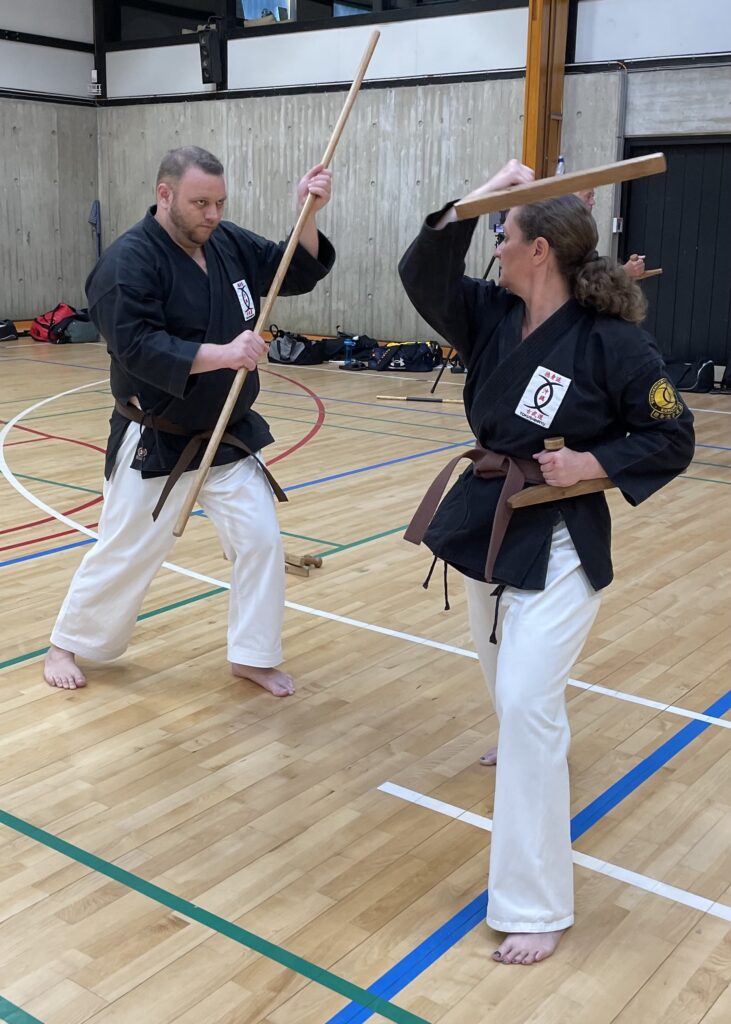
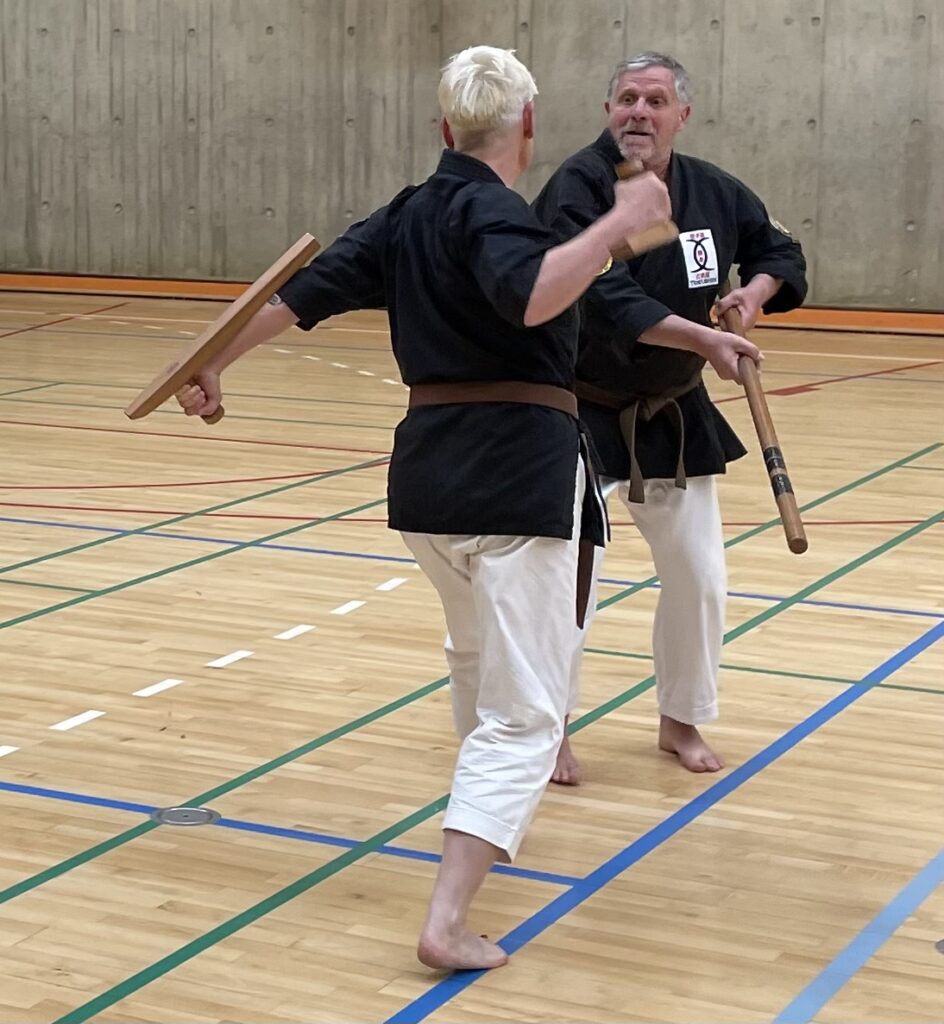
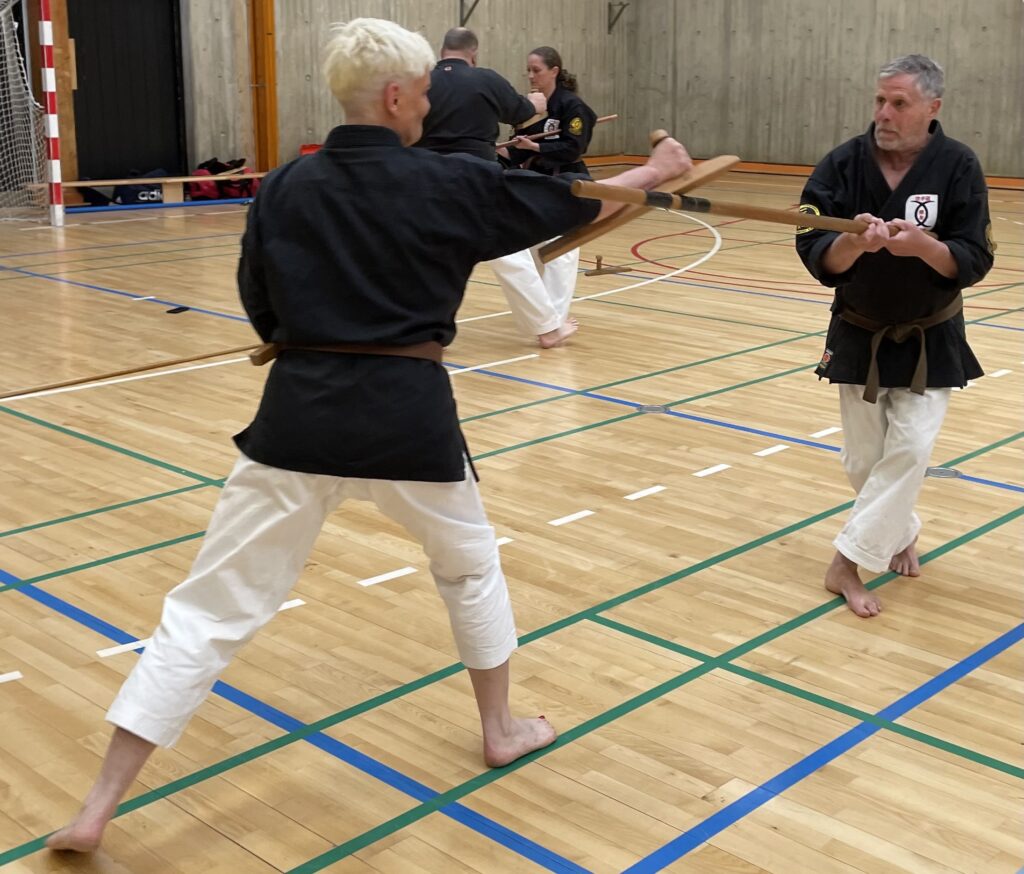
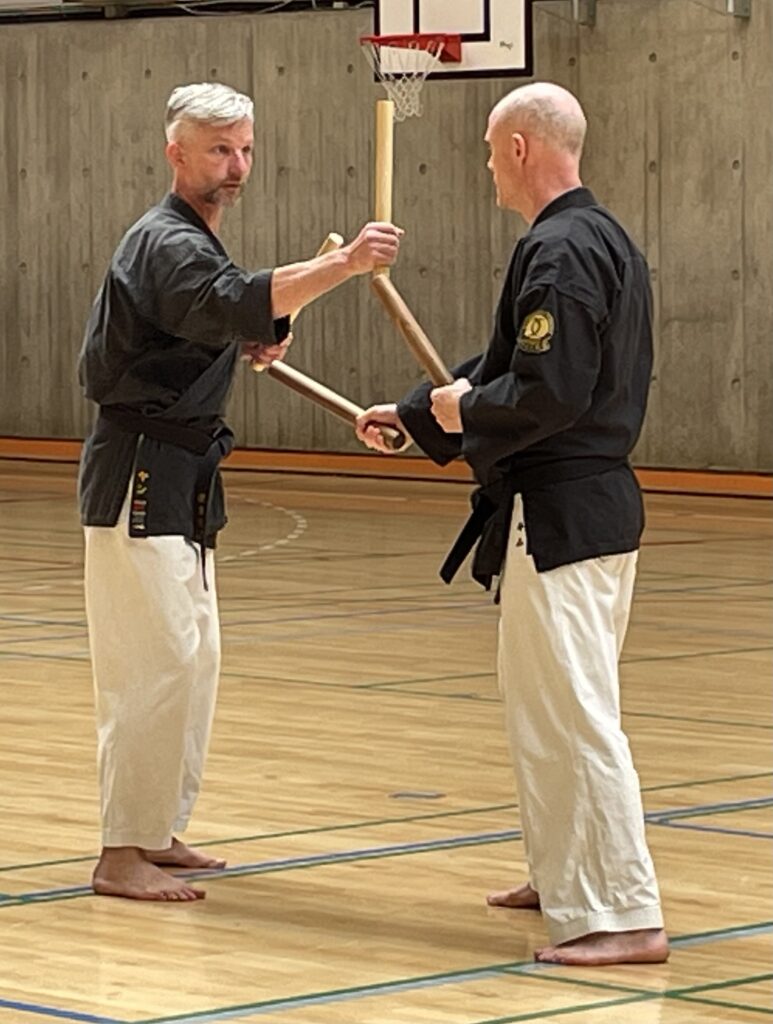
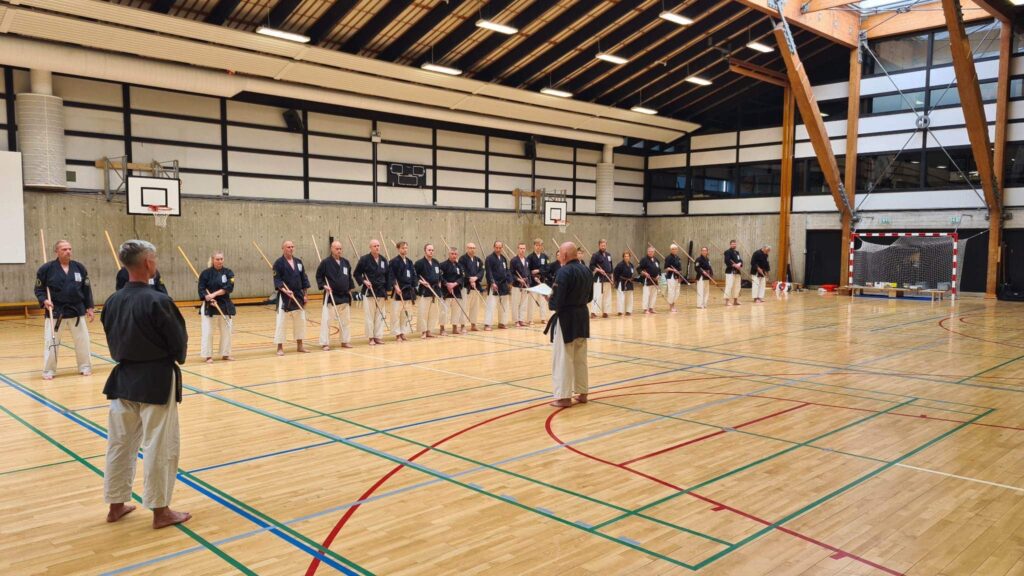

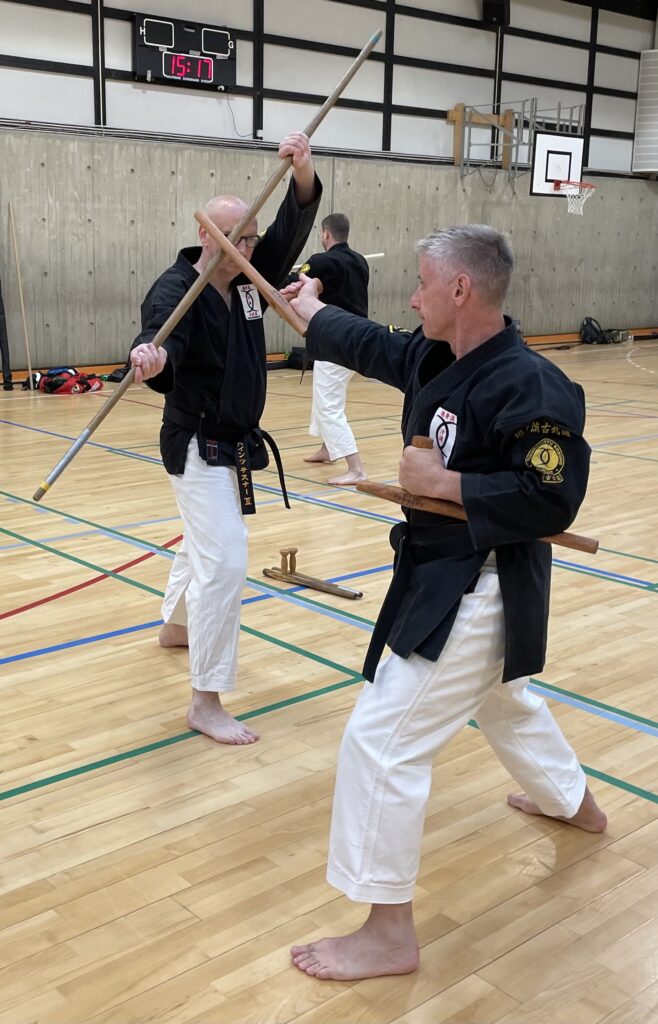
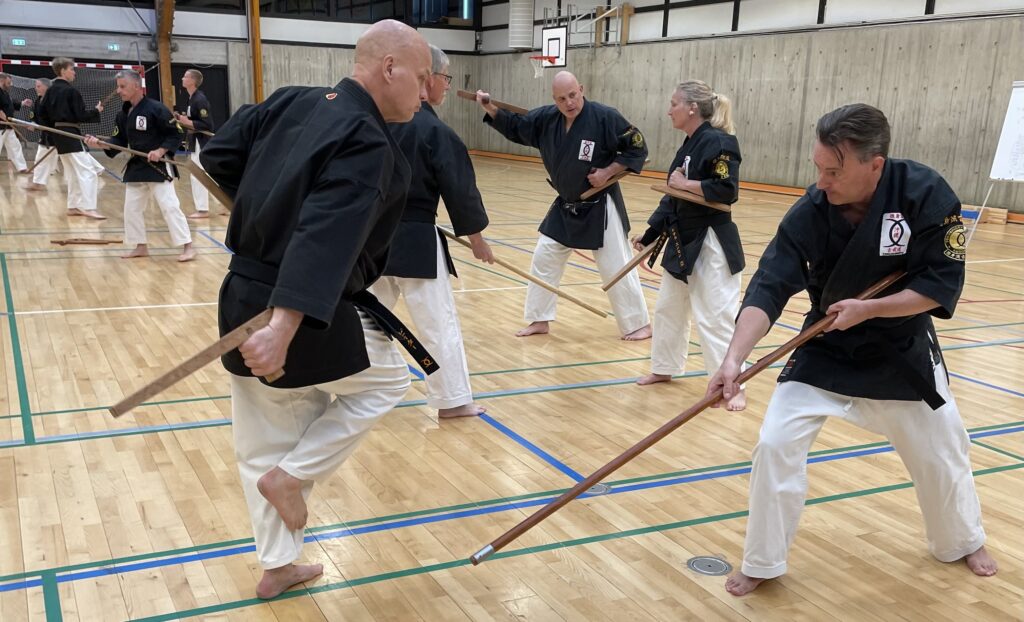
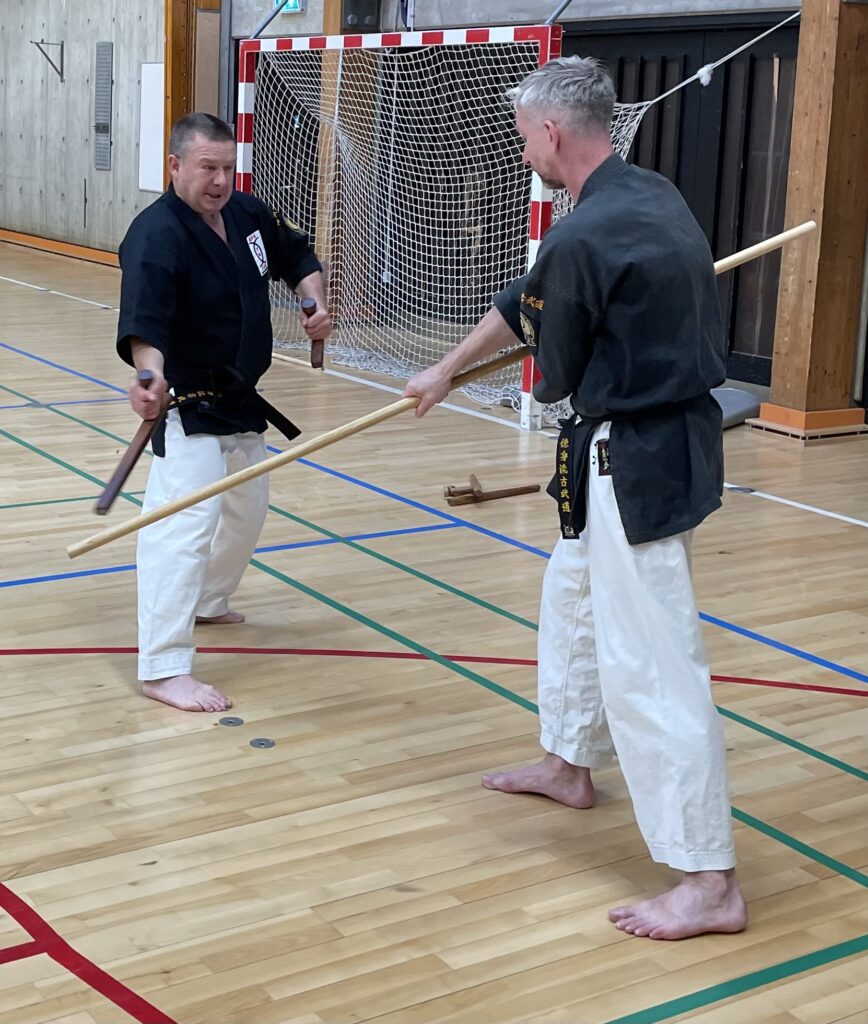
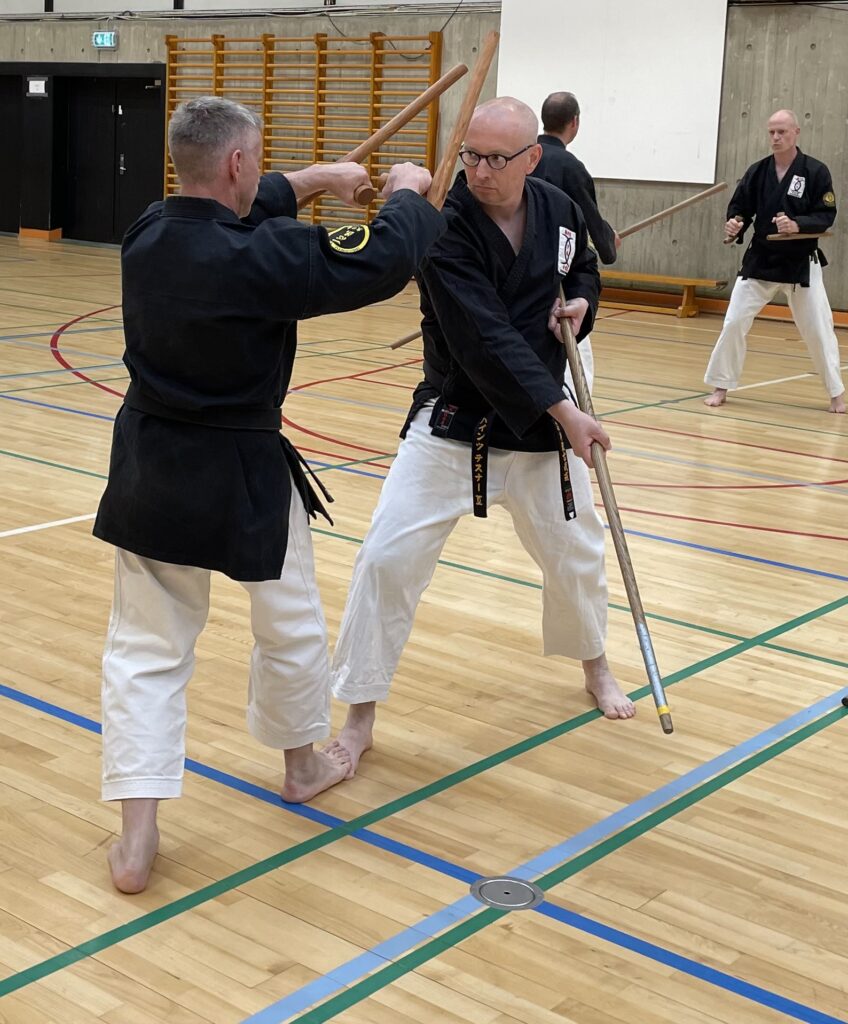
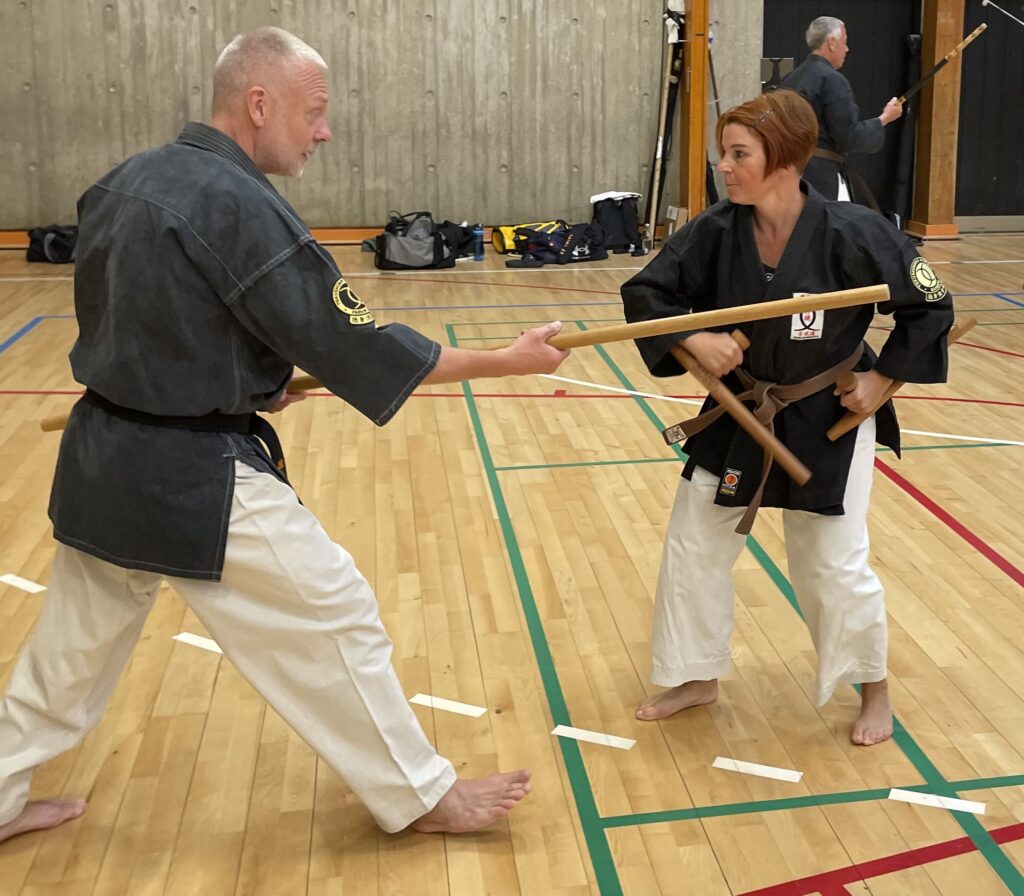
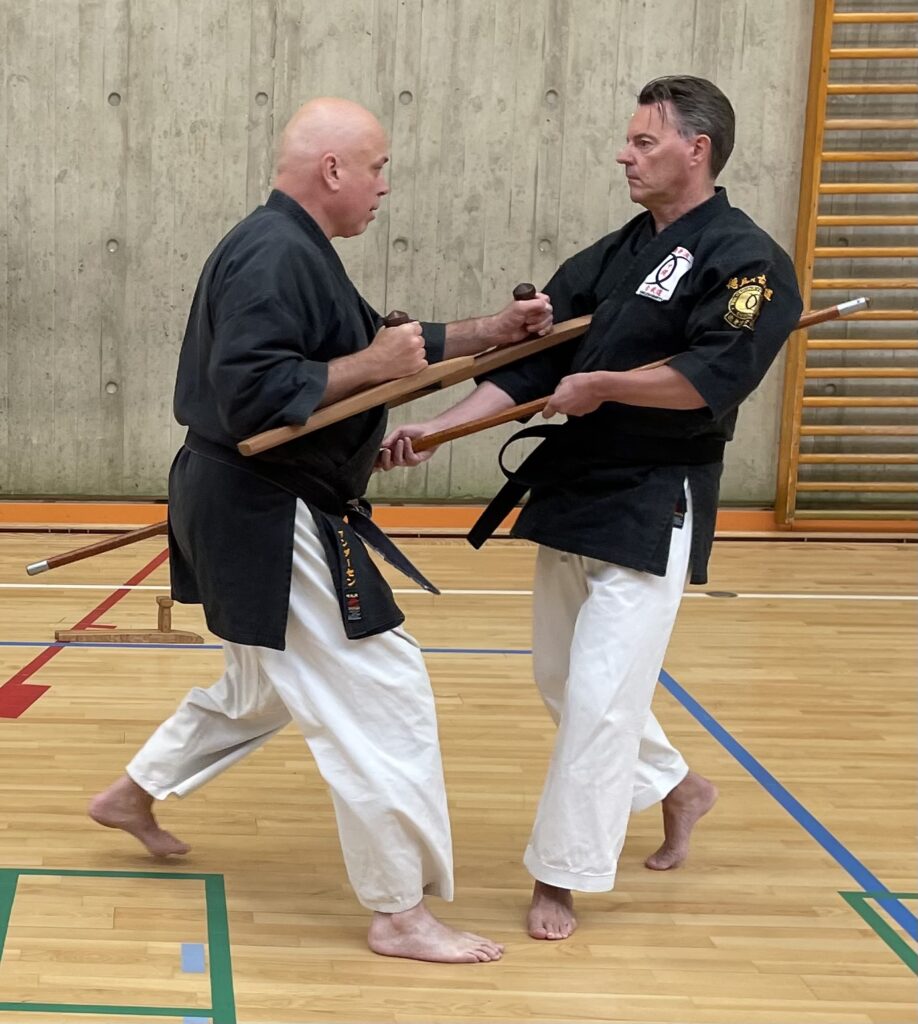
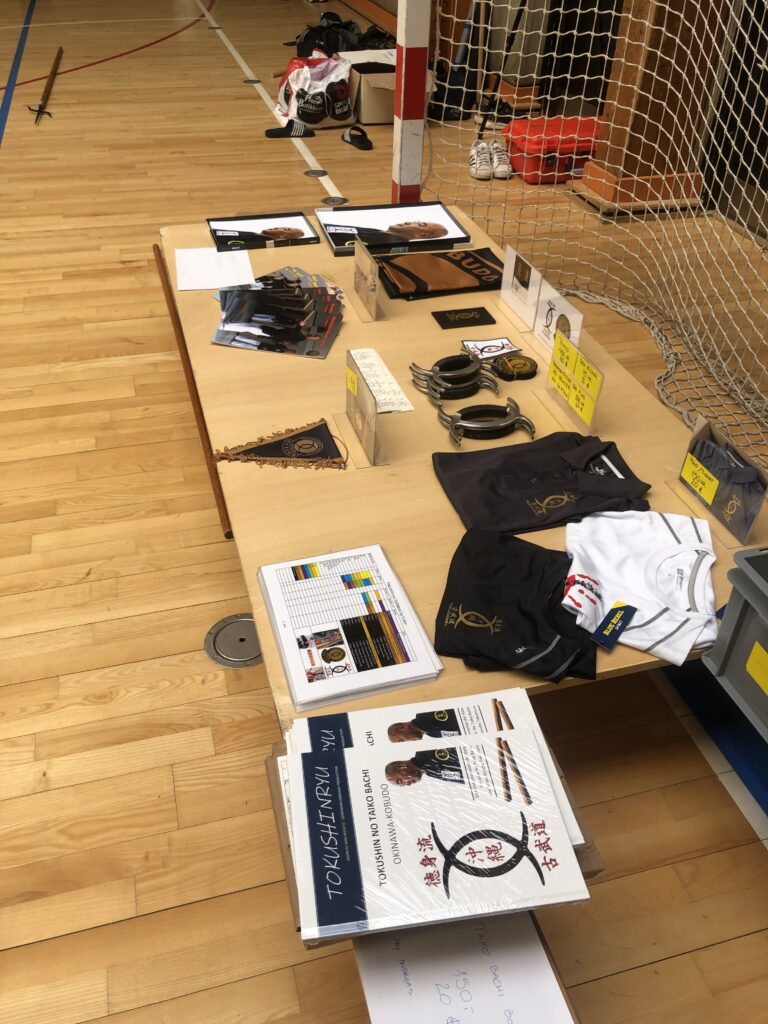
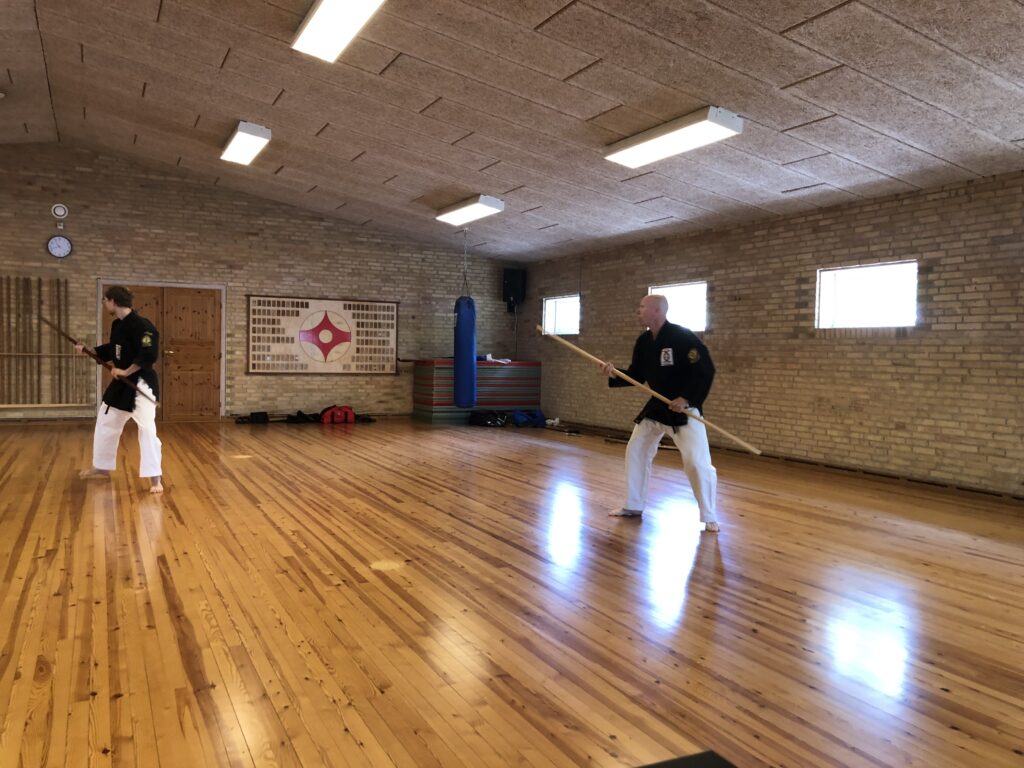
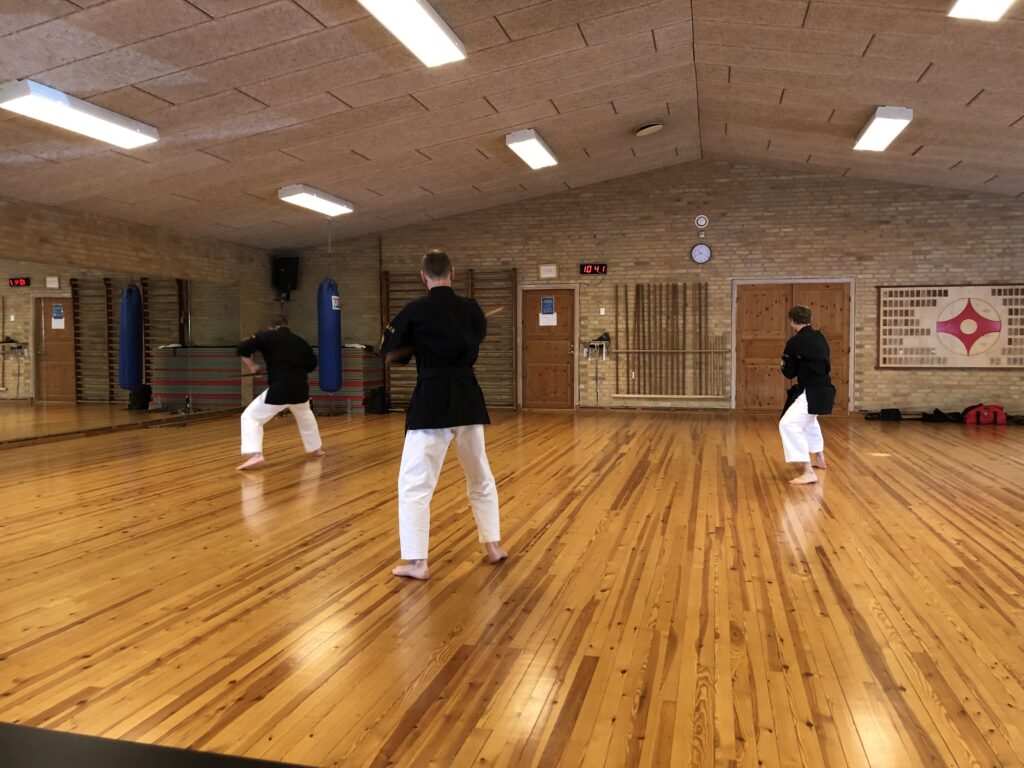
Farum Tokushinryu Kobudo can be proud of hosting a successful camp that brought together practitioners from different countries to share their passion and enhance their kobudo skills. The camp and grading have marked an important event in the history of Tokushinryu Kobudo Europe and have contributed to promoting awareness and spreading this traditional Okinawan martial art in Europe.
With such an impressive camp and grading, the future looks bright for Tokushinryu Kobudo and its dedicated practitioners. It is a testament that traditional martial arts continue to thrive and adapt in modern society, and their values of discipline, respect, and personal development persist

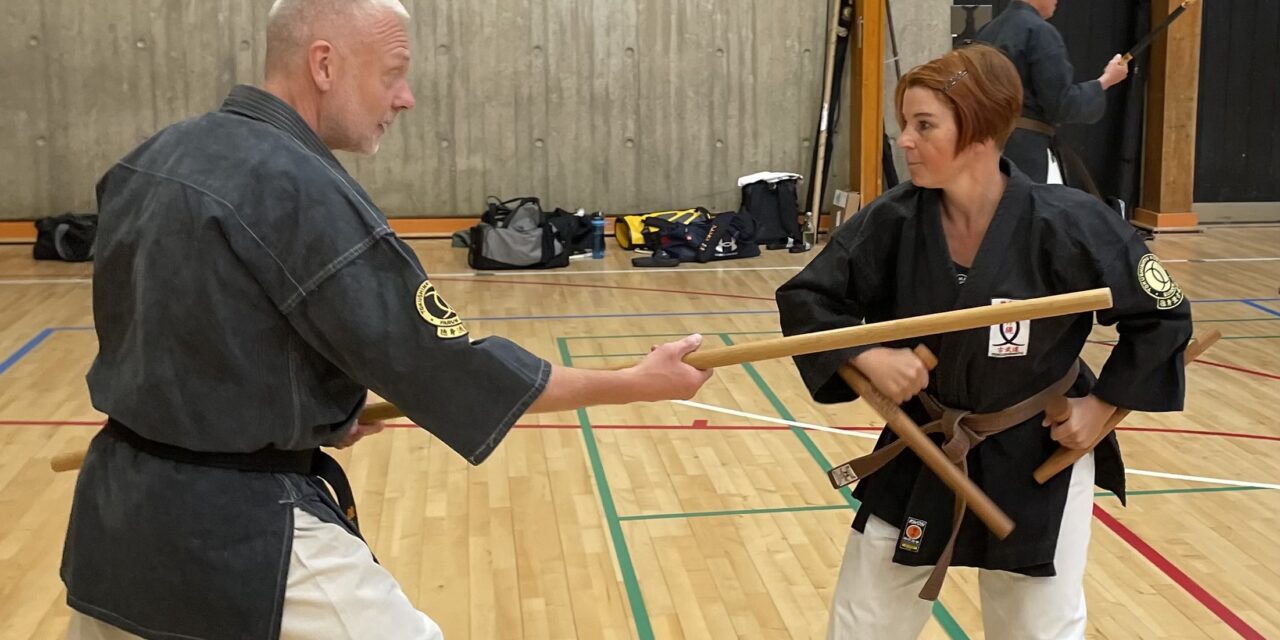

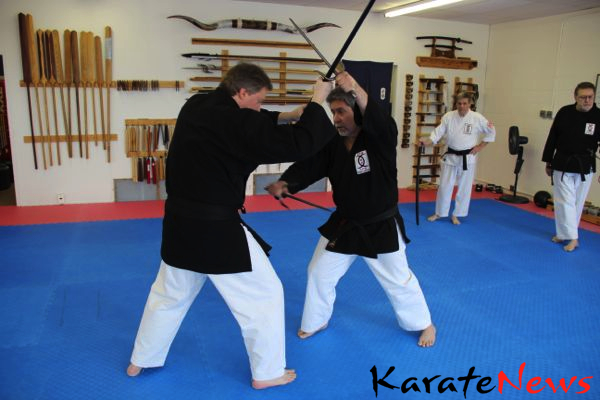
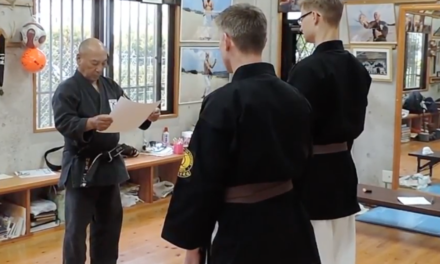






Seneste kommentarer